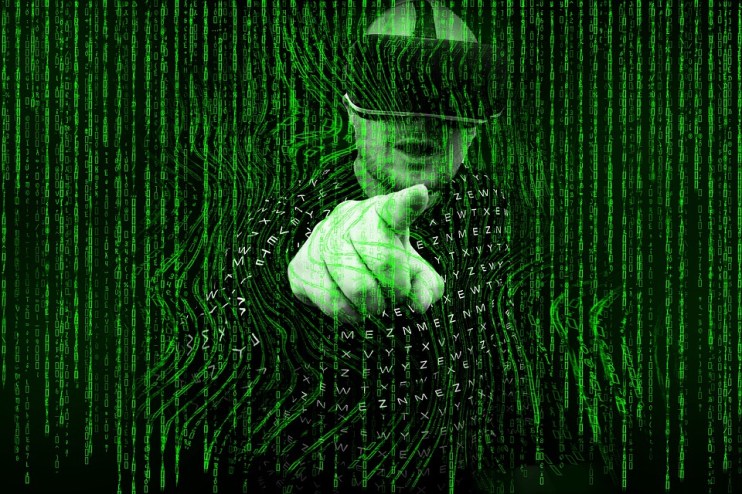Laying down the law in the metaverse

by Nick Breen, Partner, and Joshua Schuermann, Associate at Reed Smith
In the absence of official guidance, the protection of intellectual property (IP) in virtual worlds has been a particularly menacing landscape to navigate. From the initial step of getting your IP protected, to defending or bringing legal challenges against those with whom there might be infringement issues, the metaverse has posed numerous issues for rightsholders and users alike.

The existing classification system used for trade mark registration has quickly been outpaced by a fast-changing digital landscape, and a lack of clarity has driven confusion in regard to the categories that goods and services should be classified under.
However, governing bodies are starting the pick up the pace. This month, the UKIPO issued guidance on how to best classify virtual goods and services in the metaverse, with the aim of assisting those wishing to register a trade mark in the digital arena. Whilst lagging behind the EUIPO guidance – which was issued last summer – it’s a reassuring step for UK rightsholders and trade mark applicants who hope to capitalise on the opportunities offered by the ever-growing digital landscape.
International approaches
While the UK and EU are aligned on a number of issues surrounding trade mark classification in the metaverse, such as the need for clarity, accuracy and specificity when referring to NFTs or “virtual goods”, the UKIPO has taken the discussion one step further, by delivering astute guidance on virtual services.

Training or education services, for instance, can be treated in the same way both inside and outside the metaverse, as long as the function they are fulfilling remains the same. However, the matter becomes somewhat more complex for non-equivalent services that provide a simulation of a real-world function.
Take the example of Irish whiskey distillers Jameson, which recently filed to trademark virtual bars and restaurants that would offer virtual food and beverages.
The UKIPO treats these activities differently as, whilst it may be possible to order food and drink inside the metaverse for delivery or consumption in the physical world, a metaverse avatar “consuming” food and drink does not fulfil the same function, and so should not be classified in the same manner.
As a result, these types of fully virtual services need to be appropriately categorised into “entertainment services”, and not with the “restaurant and bar services” which they replicate digitally.
On the flip side, the EUIPO’s guidance on virtual services is rather ambiguous, stating that they need to be classified in line with the “established principles of classification for services”. In the absence of further clarification, a cautious and pragmatic approach – namely filing in all potentially relevant classes, and being prepared to discuss with the examiner any objections or comments they may have – will be the best course of action.
What does the future hold?
When it comes to registering IP in the metaverse, UK businesses now have access to useful pragmatic advice.
However, there is still undoubtedly ambiguity in some areas, and ultimately, in an industry that constantly sees itself evolving and innovating, a number of goods and services will still be assessed on a case-by-case basis. With that in mind, businesses must endeavour to ensure trade mark applicants are as clear and detailed as possible in the terminology used to describe virtual goods and services.
With the UK no longer bound by the EU’s official guidance and rules, it will also be interesting to see whether the UK and EU diverge on the matter. In the future, rightsholders may need to adjust their approach to class selection, specification drafting, and enforcement litigation depending on the territory they operate within. In any case, with the technological landscape rapidly evolving, it is critical that businesses remain up to date on these developments to ensure their IP portfolios are properly protected.